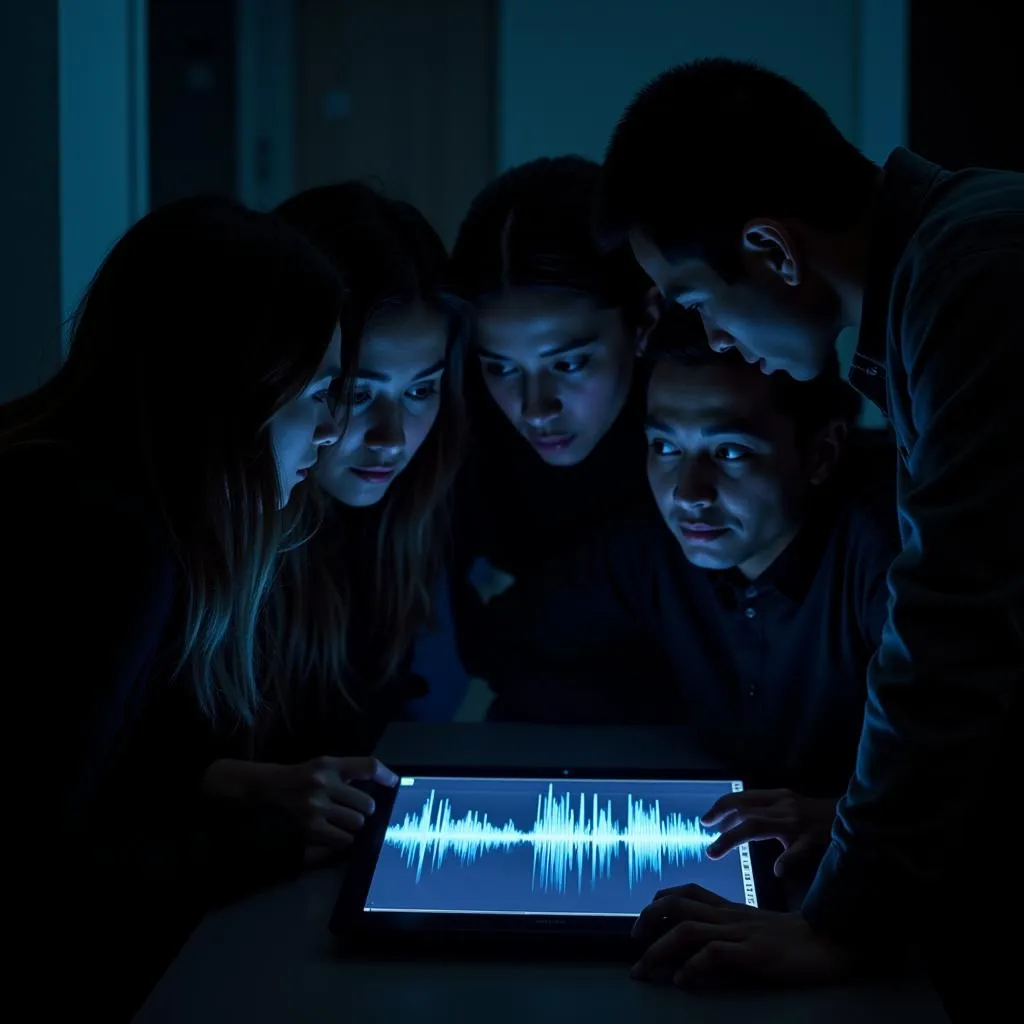The pursuit of knowledge in the realm of the paranormal, much like any other scientific endeavor, hinges on the crucial principle of Accountability In Research. This commitment to integrity, transparency, and ethical conduct forms the bedrock upon which credible and meaningful findings are built. Without accountability, even the most intriguing observations remain mere speculation, vulnerable to biases, misinterpretations, and ultimately, distrust within the wider community.
The Importance of Rigorous Methodology in Paranormal Research
To establish accountability, paranormal investigators must embrace rigorous methodologies that minimize subjectivity and maximize objectivity. This includes:
- Detailed Documentation: Every investigation should be meticulously documented, recording not just the alleged phenomena observed, but also the environmental conditions, equipment used, and any potential influencing factors.
- Control Groups: Whenever possible, incorporating control groups allows for comparison between environments or situations where paranormal activity is suspected and those where it is not, helping to isolate variables and rule out mundane explanations.
- Blind Data Collection: Employing blind data collection techniques, where investigators analyzing data are unaware of the specific details of the case, helps prevent confirmation bias, ensuring observations are interpreted without preconceived notions.
- Peer Review: Sharing findings with other researchers, especially those with differing perspectives, allows for critical examination of methodologies and conclusions, strengthening the validity of the research.
 Paranormal Investigation Team Reviewing Audio Recordings
Paranormal Investigation Team Reviewing Audio Recordings
Ethical Considerations: Respecting the Unknown and the Living
Accountability in paranormal research extends beyond methodological rigor to encompass ethical considerations as well. This means:
- Respect for the Unknown: While the nature of the paranormal remains elusive, approaching investigations with an attitude of respect, rather than sensationalism or exploitation, is paramount.
- Informed Consent: When investigations involve private property or individuals claiming experiences, obtaining informed consent is crucial. This ensures transparency about the investigation’s purpose, methods, and potential outcomes.
- Confidentiality: Respecting the privacy of those involved is essential. Personal information, case details, and any sensitive data should be handled with discretion and confidentiality.
- Objectivity Over Proof: The pursuit of accountability requires acknowledging that definitive “proof” in paranormal research can be elusive. Focusing on objective observation, thorough documentation, and responsible interpretation of findings is more valuable than making sensational claims without sufficient evidence.
The Role of Skepticism in Fostering Accountability
 Paranormal Researcher Examining Electromagnetic Field Readings
Paranormal Researcher Examining Electromagnetic Field Readings
While a fascination with the unknown drives many to the field of paranormal research, it is healthy skepticism that ultimately fuels accountability. Questioning assumptions, challenging biases, and demanding evidence are not signs of disbelief, but rather, essential tools for ensuring that conclusions are grounded in logic and supported by data.
Accountability in research is not merely a checkbox on a list; it is an ongoing commitment that requires constant reflection, self-awareness, and a willingness to evolve as new information and perspectives emerge. By adhering to rigorous standards, embracing ethical conduct, and fostering a culture of constructive skepticism, paranormal researchers can contribute to a more informed, nuanced, and ultimately, accountable understanding of the world beyond our ordinary perception.
FAQs About Accountability in Paranormal Research
1. Why is documentation so important in paranormal investigations?
Detailed documentation creates a record of the investigation, enabling researchers to track variables, identify patterns, and rule out mundane explanations. It also allows for peer review and future analysis.
2. How can I ensure I am conducting ethical Paranormal Research?
Prioritizing informed consent, confidentiality, and respect for all parties involved are key ethical considerations. Avoid exploiting individuals or situations for personal gain or sensationalism.
3. What role does skepticism play in accountable research?
Skepticism encourages critical thinking, challenging assumptions and biases that can influence interpretations. It promotes a rigorous examination of evidence and helps ensure conclusions are well-founded.
site management organization clinical research, research topics about criminal justice
Need help with a paranormal investigation or have questions about our research methods? Contact us at 0904826292, email research@gmail.com, or visit our research center located at No. 31, Alley 142/7, P. Phú Viên, Bồ Đề, Long Biên, Hà Nội, Việt Nam. We’re available 24/7 to assist you.